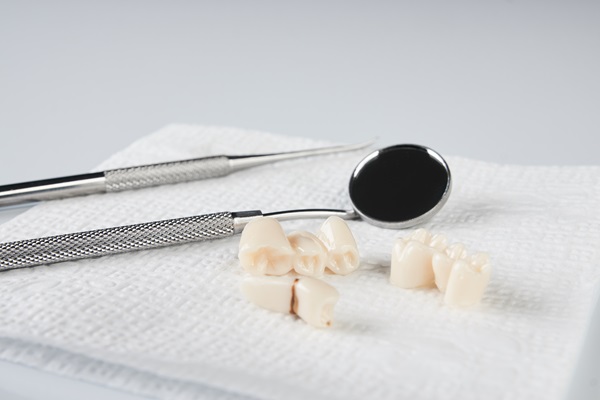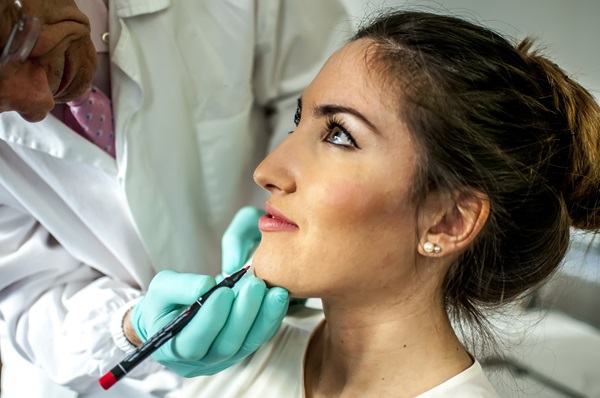Socket Preservation Graft After Having a Tooth Extraction

The dentist often recommends socket preservation graft after tooth extraction. The purpose is to protect the socket left behind after removing an impacted wisdom tooth or severely decayed tooth. This article talks about the procedure and why it is important.
Socket preservation graft
One major reason to protect the tooth socket is to prevent dry socket, which can occur if the blood clot that forms over the extraction site is knocked out and exposes the nerve under it. Socket preservation also protects the alveolar ridge, the bone that anchors the tooth roots. If the alveolar ridge gets deformed, it may cause complications if the patient eventually opts for a dental implant. The dentist will ensure that the area contains adequate bone to allow for future tooth replacement.
How socket preservation works
It is common for the bone supporting a tooth to deteriorate after tooth loss or extraction since it no longer serves its purpose. As this bone deteriorates, it causes a gap between the teeth and the teeth may start to shift out of alignment. Therefore, the dentist will perform the socket preservation graft when extracting the tooth.
A socket preservation graft entails placing bone graft material into the socket that once held the tooth. The graft could be obtained from synthetic materials, animals or human bones. After placing the graft in the socket, the dentist will cover with a sheath of the collagen membrane before suturing the area close.
Who needs the procedure?
The objective of the socket preservation graft is to preserve and improve the appearance of the gums, as well as make it possible for the patient to get dental implants in the future. Some dentists may not perform the graft during tooth removal because they believe it is not necessary.
According to research by the International Journal of Oral and Maxillofacial Implants, this belief might be changing regarding the preservation of alveolar ridge preservation. The study reviewed 13 papers and concluded that socket preservation grafts help to decrease horizontal or vertical depletion of the alveolar ridge around the site of tooth extraction. Patients who are interested in the procedure can discuss the benefits and eligibility criteria with their dentist.
Recovery after socket preservation graft
It is important that patients care properly for the socket after undergoing tooth removal, not just to protect the gum line, but to stay comfortable during healing. The dentist might recommend not brushing the teeth for another 24 hours after the procedure. Patients also need to avoid any activity that might dislodge the blood clot, such as using a straw for drinking or smoking. It is also better to stick to soft foods before gradually moving on to solid foods.
In conclusion
A socket preservation graft is a good way to protect the bone from resorption. If you are worried about the tooth socket after an extraction, whether preservation was done or not, feel free to contact the oral surgeon for advice. The dental professional will offer advice on what to do to manage pain or excessive bleeding.
Request an appointment here: https://spectrumsurgical.net or call Facial Spectrum at (816) 524-4334 for an appointment in our Lee's Summit office.
Check out what others are saying about our services on Yelp: Read our Yelp reviews.
Recent Posts
Wisdom teeth removal is necessary for patients whose wisdom teeth are causing problems. Crowding, misalignment, and pain are the common issues that these teeth cause. The dentist will recommend extracting them to prevent more problems from developing. Here are the procedural steps, as well as aftercare tips, that you must consider for wisdom teeth removal.The…
While receiving a referral to a jaw surgeon can raise many questions, our jaw surgeon and team are here to help. We have the professional training and knowledge to ensure patients receive the proper care they need. Our treatment can help address conditions affecting the mouth, jaw, head, neck, and face. We can help determine…
Infections after dental procedures occur frequently and that is primarily due to a lack of education on how to avoid it, however, with the help of an oral surgeon, infections can be avoided in a few ways. Oral surgeons are dental professionals who focus on invasive procedures that are necessary in order to treat or…
Your facial surgeon will prepare you well before your jaw surgery. This invasive procedure can improve your appearance and relieve your pain. It can also enhance your dental health. Here are the important details that your facial surgeon would want you to know before your jaw surgery.The upper and lower jaws are important in completing…


